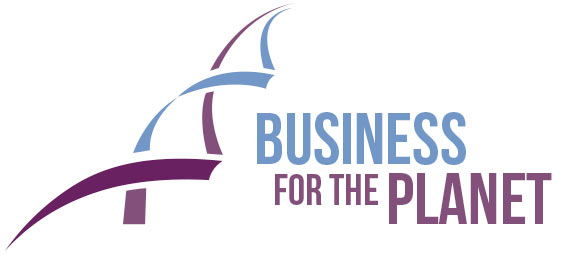Reducing poverty through capital markets
On February 8th 2013, the Central Bank of a sovereign formally approved a foreign investor, Business for the Planet (B4P), to provide a domestic microfinance team a hard currency one year zero coupon loan, and for the loan to be repaid in hard currency. This is the first time that a foreign currency loan has been permitted to be repatriated from this country. It´s a first for the local NGO/MFI sector.
Nearly two thirds of people, or 4.8 billion, live in 87 countries which have some form of repatriation controls i.e.: controls that potentially limit foreign investors getting their investment back., which limit , GDP growth and foreign investment. These countries have $25.5 billion in MFI assets (source: JPMorgan Impact Investment Report), comprising 1,429 institutions serving 72 million borrowers (source: Mix Market) which cannot efficiently access global capital markets.
A hidden cost of these controls is that organizations on the front line of fighting poverty, NGO/MFI´s are excluded from accessing global capital markets, resulting in higher borrowing costs, lower foreign investment negatively impacting GDP growth and an inability to diversify their capital base.
Specifically, MFI/NGO´s in these countries are excluded from the $1 trillion global market in impact investment estimated by JPMorgan. Unless exchange and capital flows are liberated, these 78 countries will be unable to benefit from impact investing or will access them inefficiently.
Currently, the cheapest rate MFI´S can borrow at is 8%. The B4P impact investment at zero coupon, saved the MFI 800 basis points, resulting in a significant reduction in borrowing costs. The savings the MFI created are equivalent to funding a slum school for 80 students for an entire year. By reducing borrowing costs, MFI´s can better serve their existing borrowers and expand their poverty reduction initiatives. Freer capital markets could potentially create 10 year cost savings for the MFI sector of $ 109.0 million, impacting 300,000 people.
IMF reports that out of a total possible 16 foreign exchange and capital controls, this country has all 16 controls in place, including "repatriation controls, direct investment, capital market controls, money market controls, commercial credit, financial credits, liquidation of direct investment, borrowing offshore and institutional investors." (Source: IMF).
In theory, the approval should not have occurred. But faced with B4P advocacy, and demonstrating the benefit to the MFI from borrowing offshore, the central bank approved.
